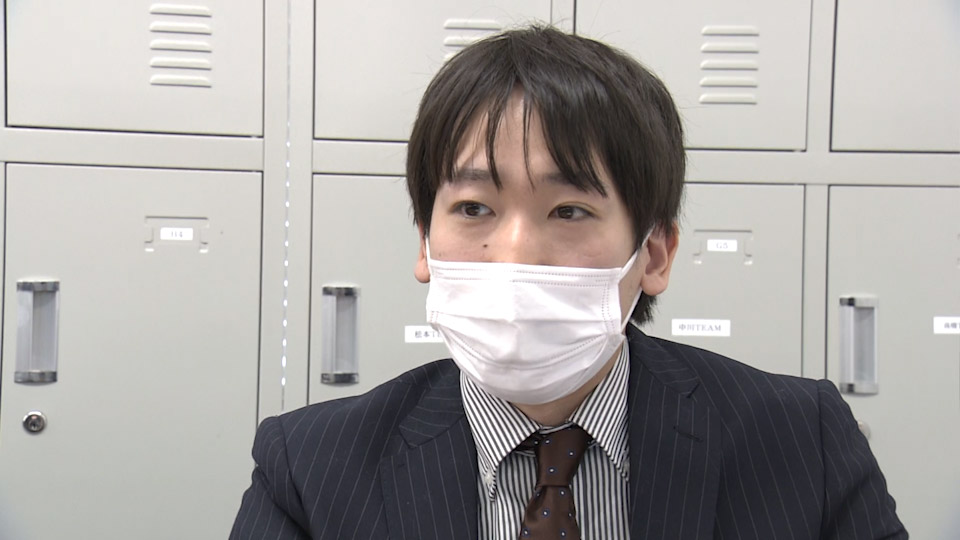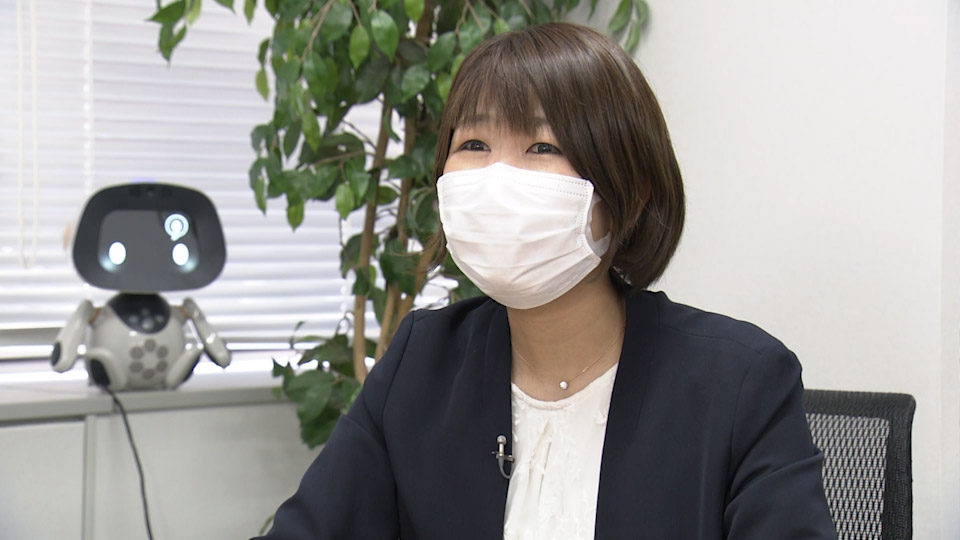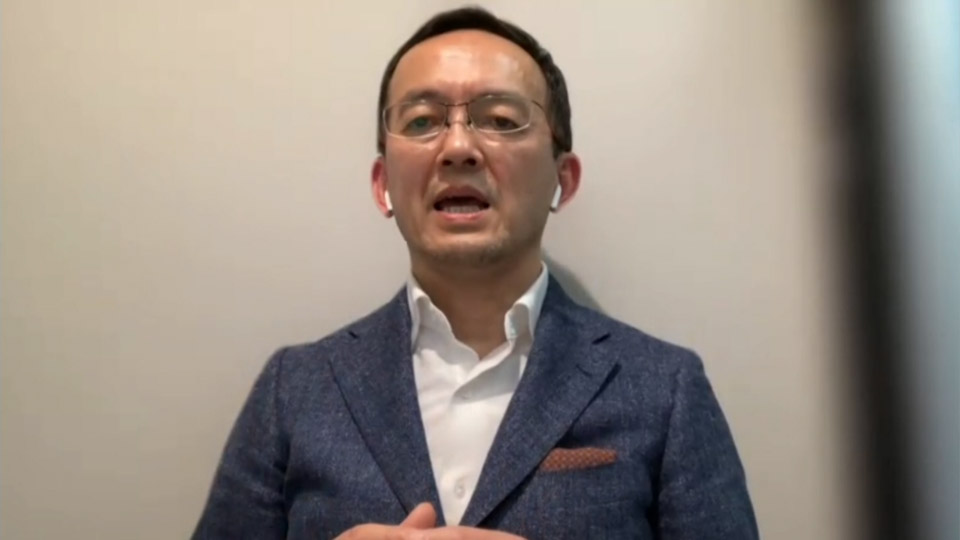Yoshiya Taichi switched career to become an engineer two years ago. He was 28 at the time, working as a tour planner at a travel agency in Tokyo.
It was an unusual move in a country where jobs-for-life are commonplace, but it has turned out to be the right decision.

Japanese companies usually hire new graduates and train them, with promotion in accordance with the length of continuous service. Changing jobs is often viewed negatively.
Yoshiya used to be a willing part of the traditional system: "After graduation, most people, including me, expected we would stay with one company until retirement at age of 60 or 70."
But curiosity and interest led him to reconsider.
While working at the travel agency, Yoshiya taught himself computer programming during his free time. He decided he had a different calling as an engineer.
He also wanted to live in Osaka, about 400 kilometers away from Tokyo. He is a member of an amateur theater company that is based there.
"I prioritize both working, and what you do outside of that. If you feel you are not suited to your current job, it's better to find something different. Not only will society benefit, but so will people's well-being."

The IT consulting firm that Yoshiya joined has a fresh take on recruitment. It focuses on mid-career hires from other industries.
Director Sato Mariko says the pace of change, especially in the digital sector, is speeding up. Companies need a diverse workforce to keep up with shifting needs and technologies.
"It is to our advantage to have people with varied experiences across a range of industries. If our employees all have the same background, we cannot adapt our businesses in accordance with changes in society," she says.

HR expert Fujii Kaoru says an increasing number of companies are hiring from other industries. Japan's shrinking workforce is behind the shift.
"Companies used to be able to select their workers. But in this more mobile era, it's individuals who are selecting companies. Employers can no longer make employees follow the traditional work style," he says.

Fujii also points out that productivity is being put to the test as companies need to expand businesses with fewer people. "To develop the talent of their workers, employers have to communicate the mission, set a goal, and clearly state employees' roles in that."
Japan's labor shortage is a growing problem, but a more flexible and fluid jobs market can help workers excel. Authorities hope that will lead to productivity gains that will help the economy.

